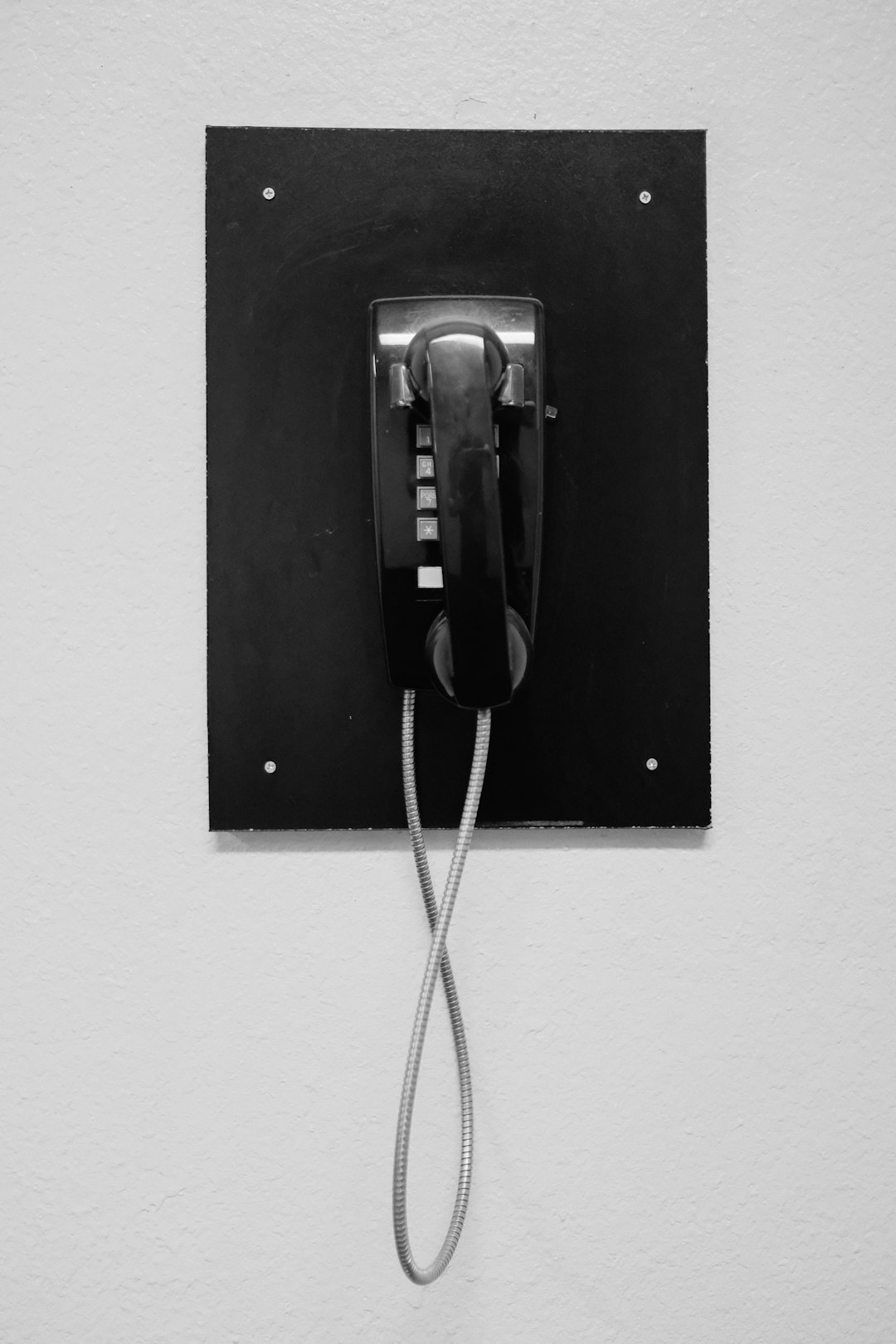Kansas has strict robocall laws protecting consumers from unwanted automated communication, with prior written consent required for telemarketing calls. Reporting nuisance calls to the Kansas Attorney General's office or federal agencies like the Federal Trade Commission (FTC) can lead to legal action against violators and reduce such calls. Proactively, save caller info, review your rights, and know that the Attorney General actively enforces these laws.
In Kansas, understanding and reporting robocalls effectively is crucial for safeguarding your privacy and preventing unwanted intrusions. This guide explores the state’s robocall laws, providing a clear roadmap on how to report these calls efficiently. From identifying the caller to utilizing official channels, we’ll walk you through each step. Additionally, discover post-reporting actions and legal protections available to Kansas residents, empowering you to take control of your communication experience.
Understanding Robocall Laws in Kansas State

In Kansas, the fight against robocalls is regulated by state laws designed to protect consumers from unwanted automated calls. The Kansas Robocall Law outlines specific guidelines for businesses and organizations conducting telemarketing activities. It’s crucial to understand these laws to know your rights when dealing with robocalls.
The law permits robocalls only if the caller has obtained prior express written consent from the recipient. This means you have the right to refuse automated calls, and businesses must respect your decision. If you’re experiencing frequent or unwanted robocalls, documenting the calls and reporting them to the Kansas Attorney General’s office is a crucial step in holding violators accountable and potentially stopping these nuisance calls for good.
Steps to Report Robocalls Effectively

Reporting robocalls in Kansas State is a straightforward process designed to help protect citizens from unwanted and often fraudulent calls. The first step is to identify the call as a robocall. Modern phone systems often have built-in tools to help you determine if a call is automated, such as a pop-up notification or a pattern of repeated calls from an unknown number. Once confirmed, the next step involves using one of the official reporting methods available.
In Kansas, you can report robocalls through various channels, including state and federal agencies. The Federal Trade Commission (FTC) offers an easy online reporting system where you can detail the nature of the call and provide any relevant information that might assist in investigating and blocking future robocalls. Additionally, the Kansas Attorney General’s Office has resources dedicated to consumer protection, including a section for reporting fraud and scams, which includes robocalls. Effectively reporting these calls not only helps protect yourself but also contributes to a broader effort to enforce robocall laws and reduce unwanted phone marketing practices in Kansas.
Post-Reporting Actions and Legal Protections

After reporting a robocall, there are several actions you can take to ensure your protection and that of others in Kansas State. Firstly, consider saving the caller’s information for future reference; this includes the phone number and any text messages or voicemails associated with the call. You can also check your local laws regarding robocalls, as Kansas has specific regulations in place to combat these unwanted calls. The Kansas Robocall Law provides consumers with the right to opt-out of certain types of automated telemarketing calls.
Legal protections offer a layer of assurance for residents. In Kansas, the Attorney General’s office actively enforces laws against illegal robocalls and can take action against violators. Additionally, you may be eligible for compensation or other remedies if you’ve experienced substantial harm due to repeated robocalls. Staying informed about your rights is an essential step in protecting yourself from these intrusive calls.






